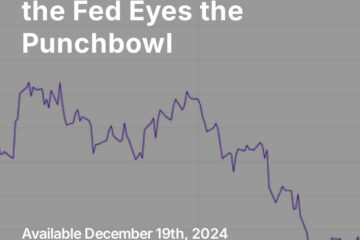Robinhood
Earlier this year, just before the pandemic broke, Bloomberg Businessweek featured a cover story about r/WallStreetBets, a bulletin board on the Reddit news aggregator populated by young traders with Gen Z attitudes — boasting ironically as much about their failures as their successes, churning out an endless stream of hilarious memes, and developing their own in-jokes that were impenetrable to the “normies.”
This virtual redux of the late-90s daytrading hothouses was fueled primarily by an app called Robinhood, with free trades and access to options for all users. r/WSB helped catapult Robinhood into the consciousness of millions, just as the worst volatility in a decade descended on stock markets.
In the crash and its aftermath, the stock jockeys using Robinhood may have helped shape the market. Not all analysts agree about their influence, but there is no question that the platform’s anointed winners have been some of the market’s best performers. A website called Robintrack, which follows the public data about Robinhood users’ aggregate positioning, reports that it is being scraped by numerous hedge funds and analytical firms.
There’s much to study here in terms of psychology and internet addiction — sadly, one Robinhood user is reported to have committed suicide because he erroneously believed he had accidentally accrued a massive margin debt. But there is no doubt that a retail speculative frenzy is a cautionary sign for the market as a whole. We don’t think that has yet come to pass, but we’re watching.
U.S. Stocks
For U.S. investors (and probably for all investors worldwide), the key remains the direction of the Federal Reserve’s balance sheet. If the balance sheet is expanding, we believe that we’ll experience a volatile but generally upward-trending market. If the balance sheet begins to contract, a serious correction could be in the offing.

After its post-crash rally, the market is high, and will likely need either a volatile sideways period to digest its rapid recovery, or a sharp correction. Currently our view favors the former, given the ongoing support by monetary authorities.
The Covid Recession may overall prove to be the briefest in U.S. history. However, there will be dispersion among industries. Some have accelerated as a result of the pandemic (such as those we described this week and last). Some will recover quickly. Others may be impaired for a longer period of time; many poorly managed and over-leveraged companies will go bankrupt. This is not a disaster, though; it is the natural working of the free market, which eventually, when it is allowed to operate, takes productive resources out of the hands of the incompetent and gives a chance to others. Restaurants, air travel, some brick and mortar retail, and oil companies may face enduring challenges.
Real estate will suffer. The age of e-commerce has arrived with new vigor, and managers in many creative and information-focused industries have found that work-from-home regimes are easier to implement and more productive than they anticipated. Especially in this new context, the U.S. is over-stored and over-officed, particularly in big high-rise office towers. Some dense urban areas may never return to their old normal. Last week we reported an analyst’s estimate of several thousand retail establishments closing permanently; we believe that could be tens of thousands of closures in 2020 and 2021.
We like technology stocks broadly, as well as the specific tech themes that are responding to the pandemic and its aftermath that we have often mentioned in these pages; we also continue to like biopharma. A global tech inflection is underway. Look for the winners now, and be patient for opportunities to buy. The rest of 2020 has many potential catalysts for volatility.
In the medium to long term, we are bullish on gold. The longer-term consequences of growth in the monetary base and in government debt are unclear, but under such circumstances, gold has historically been a strong defense.
Thanks for listening; we welcome your calls and questions.


